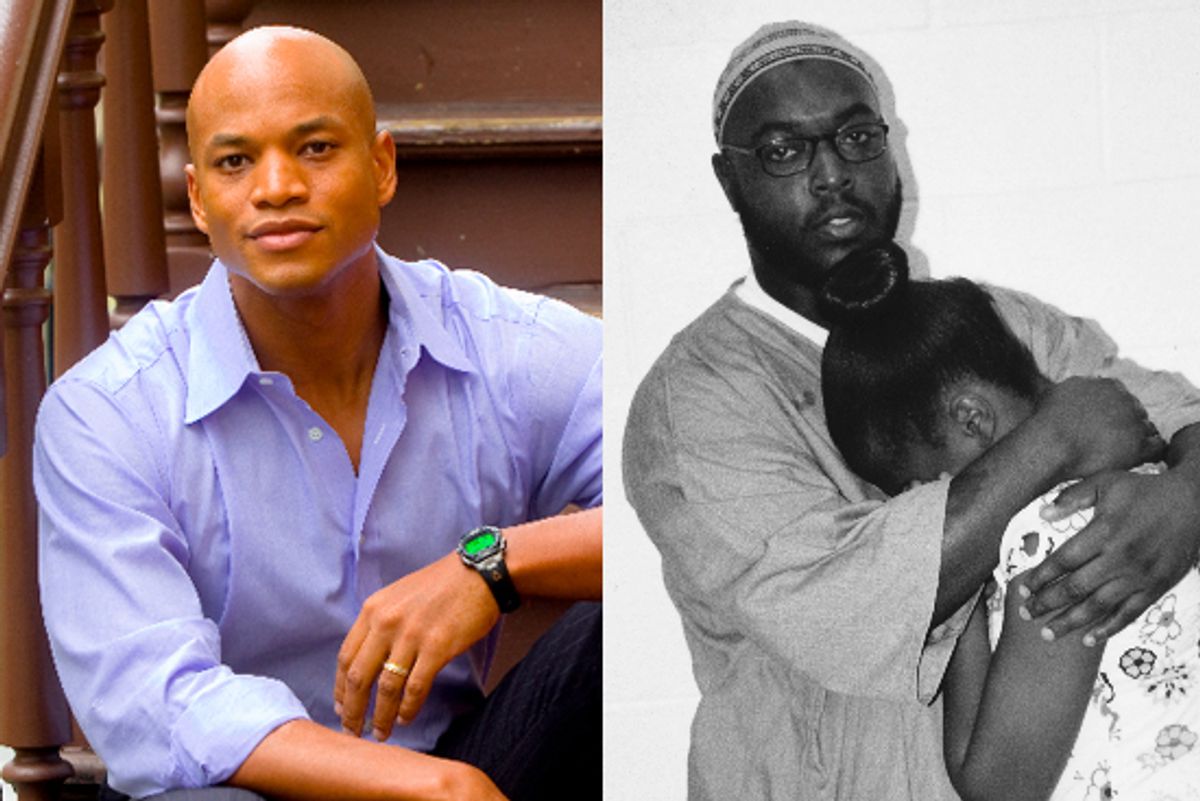The Other Wes Moore - The Role of Influences
The Other Wes Moore describes the life of two boys and their city upbringing during the 1980s and 1990s. The book’s first three chapters set the tone of the book, revealing a common theme of rough beginnings. Drugs, gangs, crime, and violence were rampant and highly enticing for children. The book described how the two boys and several people close to them became engulfed in that lifestyle, resulting in different consequences. In addition to the environmental factors that also haunted the two boys, they also had to deal with the personal factors that plagued them as well, namely the absence of a father or role model. Without the guidance of a positive person to follow after, both Wes Moore boys moved toward a dark path. However, chapters four through six became the turning point in their story, symbolizing the prevalent theme of the role of influences.
The author Wes Moore had a greater
nurture influence to guide his story. After being transferred to private school
when Wes moved to the Bronx, Wes was dealing with an identity crisis feeling
that he didn’t perfectly fit in. His urban upbringing allowed him to fit in
with the city kids, but it came in conflict with this more affluent school
environment and kids. As time went on, his grades began to drop as a result of
Wes continually skipping school (75-77). At one point, Wes gets arrested after
getting caught tagging a building with spray paint. Though he was released,
this event shook Wes because he realized how much his decision could deeply
affect his life and alter it forever. Wes described the officer at that moment
as a person in control of his destiny and himself no longer in control of
himself due to his actions. While the officer arresting Wes can be looked at
negatively, his actions served as a good role model to Wes as he lectured him
on the tragic fate of others like Wes before letting him go (81-84). This
pattern of negative behavior continued until his mother finally put her foot
down and decided to send him to military school. Her goal was that he would improve
his life and get back on a positive track. Wes initially tried to run away from
the school, feeling betrayed that his mother sent him away from her and his
family. However, Wes found mentors such as Cadet Captain Hill that helped him
enjoy military school but also imparted into his life so he could succeed (115).
On the other hand, the other Wes
Moore lacked strong nurture influence and unfortunately was engulfed in the
lifestyle around him. Though the other Wes’ brother Tony warned him against the
drug dealing lifestyle, Wes jumped into that lifestyle anyway and began selling
drugs. However, he disguised it to his brother and mother Mary as DJing until
they found out and discovered the drugs (69-74). This began a series of events
in the other Wes’ life that showed how much the nature aspect affected this
period. Now without a role model in Tony and loss of a nurturing voice, the
other Wes continued down a dark path prevalent of people his age in the area.
This resulted in a drug bust when police caught him doing a drug deal and
getting his teenage girlfriend pregnant when he was at no stage to be a father.
The street logic became the other Wes’ logic, resulting in him shooting someone
when they attacked him over a girl. The words from Tony to “send a message”
rang every time someone threatened him, resulting in him instinctively
retaliating afterward (104-105). Wes became a product of his environment,
including the drugs and violence that surrounded him.
While the author Wes had strong
nurturing influences to guide him back on track, the other Wes became a product
of the environment around him. The startling idea of chapters four through six
is how close either Wes could’ve gone down either path that they did. However,
in addition to their own choices, the influences around them greatly affected their
life outcomes and that cannot be ignored.




Nice job analyzing the duality between the two men's lives.
ReplyDelete